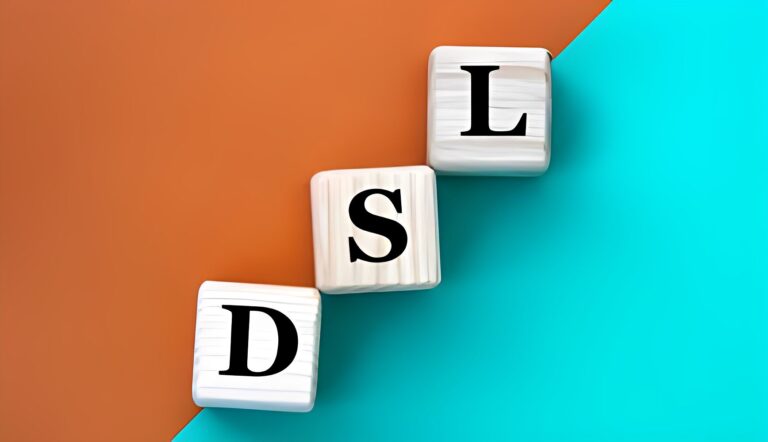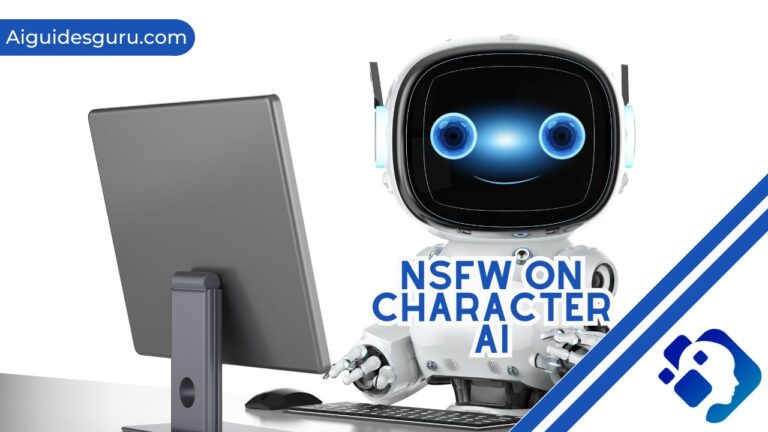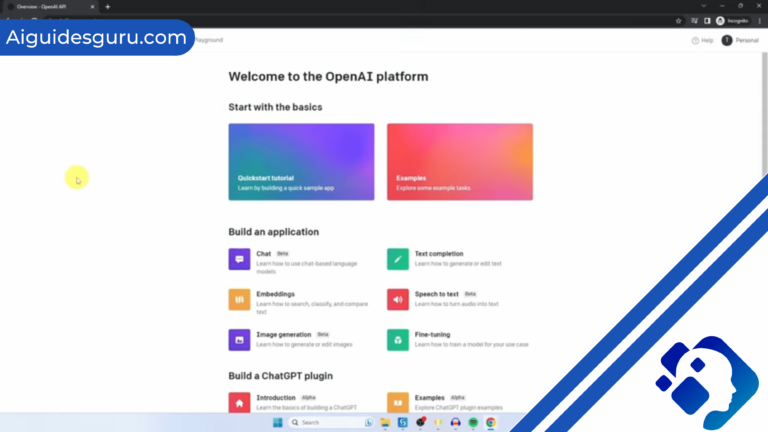Is Chat GPT Good for Content Marketing?

In recent years, the use of chatbots in content marketing has gained significant attention. One such chatbot, Chat GPT, has emerged as a popular tool for businesses looking to engage with their audience and improve customer support. But the question remains: Is Chat GPT truly good for content marketing? In this comprehensive article, we will delve into the pros and cons of using Chat GPT for content marketing and explore its impact on search engine optimization (SEO).
What is Chat GPT?
Chat GPT is a chatbot developed by OpenAI. It utilizes natural language processing and GPT-3 technology to generate responses tailored to user input. The chatbot can handle various queries, making it a valuable tool for customer support, conversation tasks, and information gathering.
The Pros of Chat GPT for Content Marketing
1. Time-Saving Solution
One of the most significant advantages of using Chat GPT for content marketing is the time it can save. Writing high-quality blog posts from scratch can be a time-consuming task, especially for those who are not professional writers. With Chat GPT, businesses can quickly generate content that engages their audience, freeing up time for other essential tasks.
2. Improving Writing Skills
Chat GPT can also help marketers improve their writing skills. As they work with the chatbot, they can learn how to structure ideas and create engaging content that captures readers’ attention. Additionally, Chat GPT can assist in identifying grammar and spelling errors, leading to error-free content creation.
Related: Automated Content Verification Solutions
3. Generating Fresh Ideas
When faced with writer’s block or struggling to come up with new ideas, Chat GPT can provide a fresh perspective. By inputting specific prompts or queries, the chatbot can suggest topics that may not have been considered before. This feature is particularly valuable for niche topics that require a deeper understanding.
4. Customization and Specificity
Chat GPT allows users to be specific about the content they want to generate. From word count to content type and structure, users can tailor their requests to meet their exact requirements. This level of customization ensures that the generated content aligns with their brand voice and meets their audience’s needs.
The Cons of Chat GPT for Content Marketing
1. Tone and Voice Consistency
Maintaining a consistent tone and voice throughout a blog post can be challenging when using Chat GPT. While the chatbot is excellent at generating content, it may not always capture a brand’s unique writing style and personality. This can result in impersonal and disconnected blog posts that fail to resonate with readers.
2. Off-Topic Content
Another challenge of using Chat GPT is the potential for generating irrelevant or off-topic content. While the technology excels at quickly developing content, it may not fully grasp the nuances of a specific topic or address the audience’s specific needs. This can lead to content that lacks resonance or fails to answer readers’ questions.
3. Lack of Proper SEO Optimization
While Chat GPT can generate content focused on a specific keyword, it falls short in fully optimizing blog posts for search engines. To remain competitive in search rankings, businesses must manually review and add relevant optimizations to the content generated by Chat GPT.
4. Language, Grammar, and Readability
While Chat GPT has a strong command of language, it still requires human review for grammar, tone, and readability. Content generated by the chatbot may not always align perfectly with a brand’s target audience or tone. Marketers need to review the text, organize the content, and make it easily digestible for online readers.
5. Ethical Considerations
Chat GPT’s reliance on machine learning and online data collection raises ethical concerns. The chatbot’s knowledge is primarily trained on words from the internet, which may include biases, stereotypes, unreliable sources, and even misinformation. Marketers must review the content carefully to ensure accuracy and avoid perpetuating false information.
Related: What is Alexa Error 701
Conclusion
Using Chat GPT for content marketing can be a time-saving solution that helps generate fresh ideas and improves writing skills. However, it comes with challenges, including maintaining tone consistency, avoiding off-topic content, and ensuring proper SEO optimization. Marketers should approach Chat GPT as a tool that complements their creativity and unique writing style, rather than a complete replacement. By leveraging the strengths of Chat GPT while addressing its limitations, businesses can enhance their content marketing efforts and engage their audience effectively.
FAQs
1. Can Chat GPT fully replace human content creators?
While Chat GPT can assist in generating content, it cannot fully replace human content creators. It lacks the creativity and emotional intelligence that humans bring to content creation. Human oversight and review are essential to ensure accuracy, relevance, and a personal touch in content marketing.
2. Is there a risk of plagiarism when using Chat GPT?
Chat GPT-generated content should always be reviewed and edited by humans before publishing to avoid potential issues related to plagiarism. It is crucial to ensure that the generated content is original, accurate, and aligns with the brand’s voice and messaging.
3. How can businesses optimize the content generated by Chat GPT for SEO?
While Chat GPT can generate content focused on specific keywords, it falls short in fully optimizing content for search engines. Businesses should manually review and edit the content to ensure proper SEO optimization. This includes adding relevant keywords, optimizing meta tags, and structuring the content for enhanced readability and user experience.






